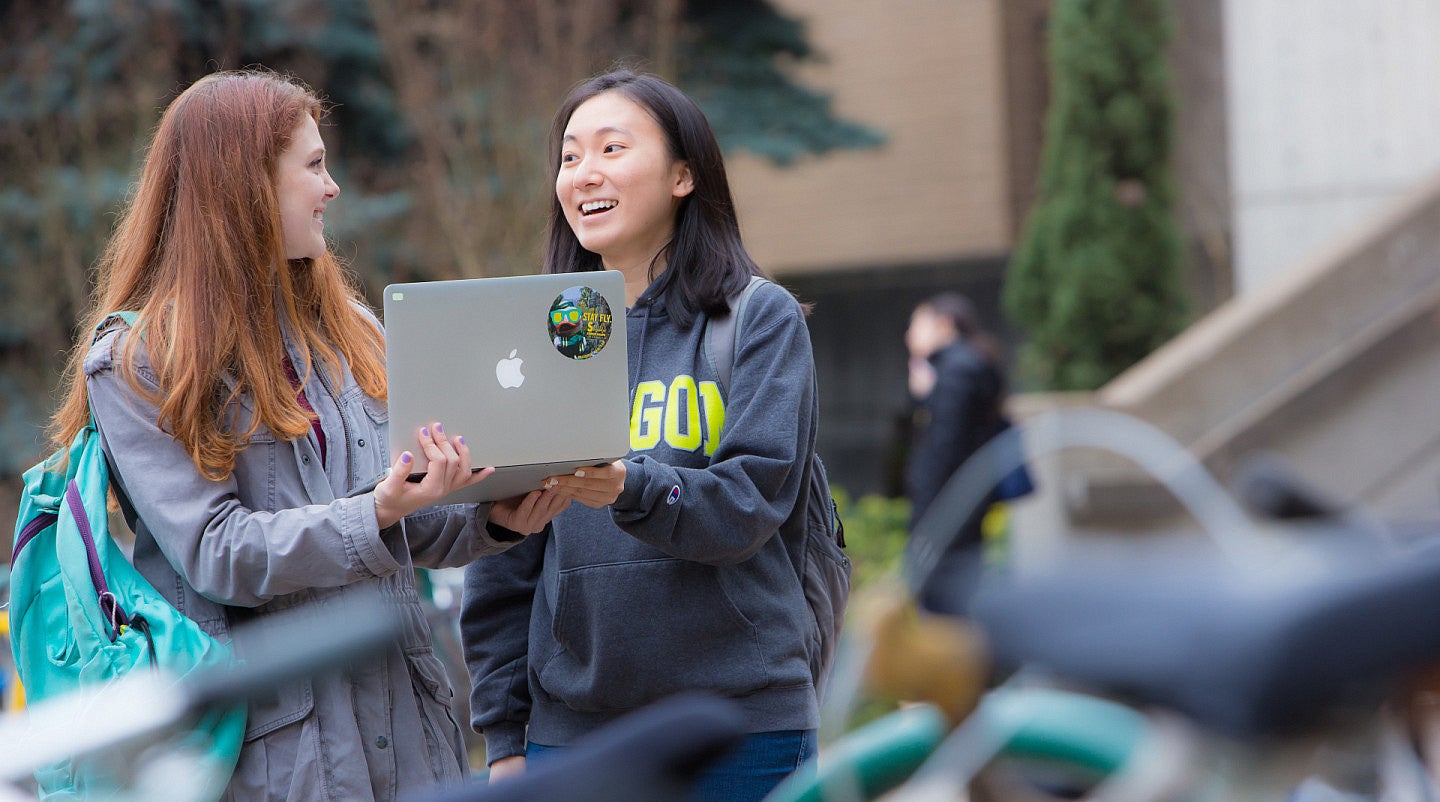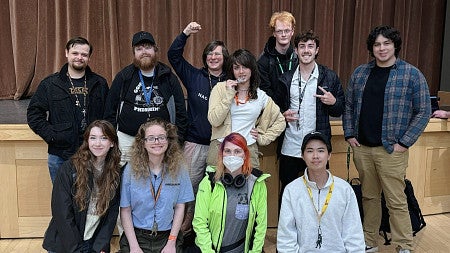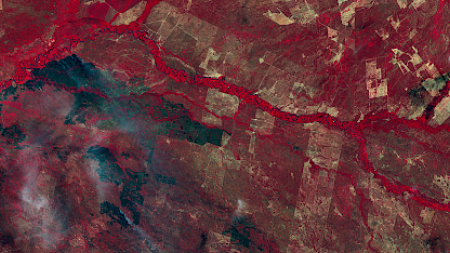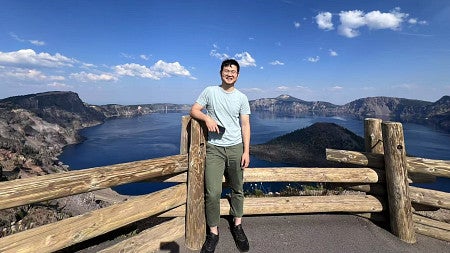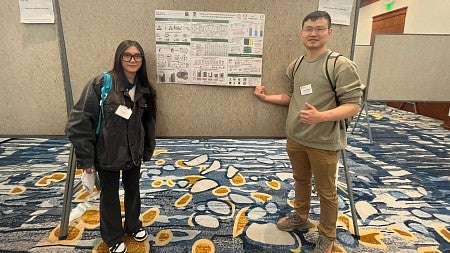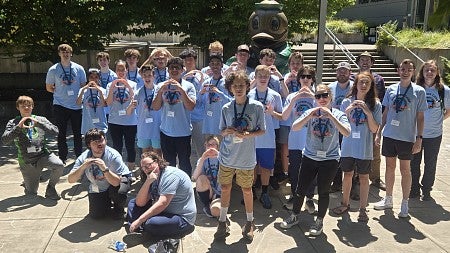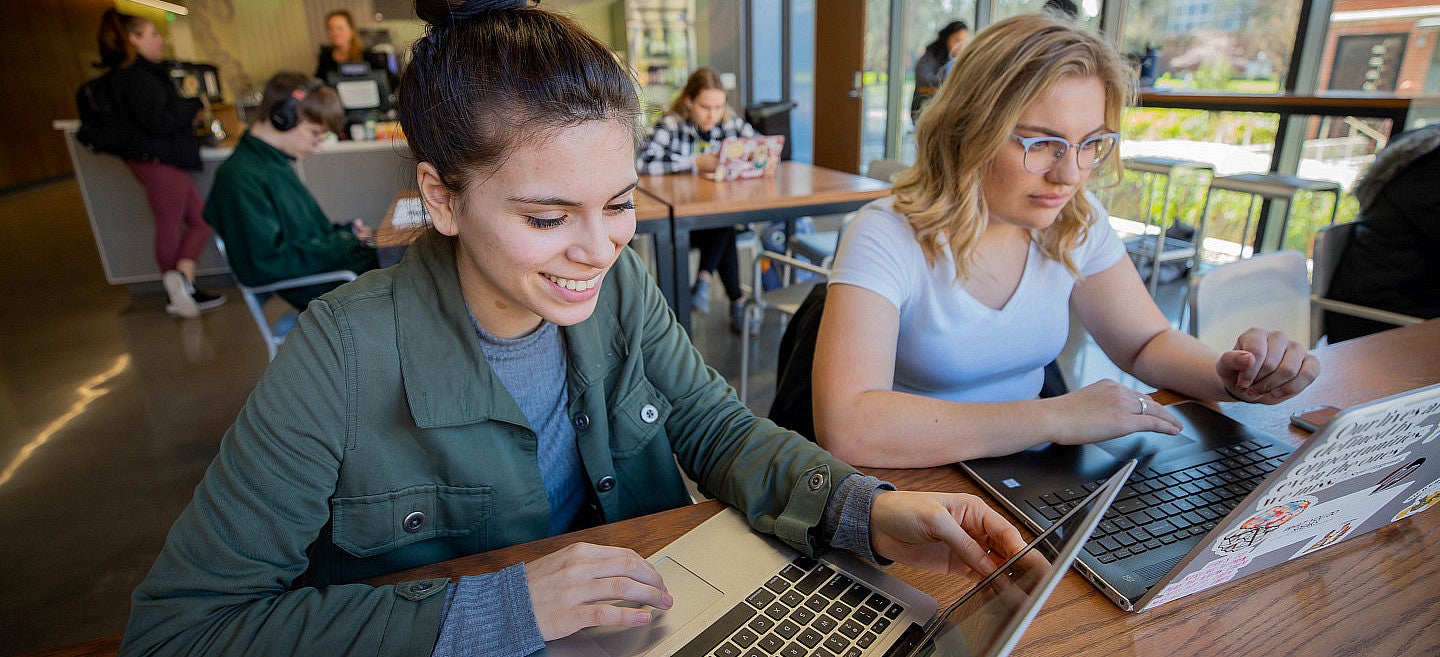
The University of Oregon's new School of Computer and Data Sciences opened in fall 2023. The school combines the university’s established and growing strength in computer science with its five-year investment in data science. The new school, housed within the College of Arts and Sciences, offers courses to all UO students and is a home to research and experiential education activities.
Read the Announcement
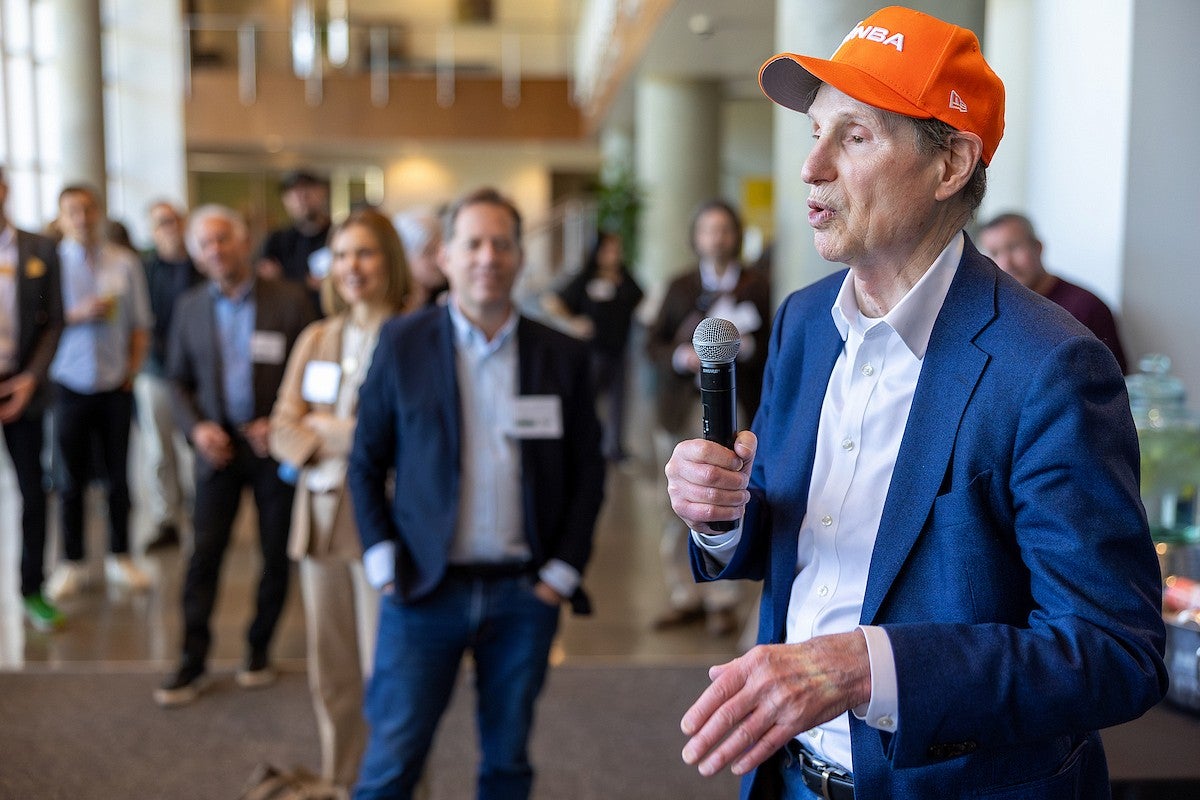
Industry partnerships with companies such as Intel, Amazon, Nike, Microsoft, and Providence help prepare students to work and lead in high-demand fields. Our faculty met with local tech leaders—and special guest Senator Ron Wyden—when SCDS hosted a board meeting for the Technology Association of Oregon.
Battling to Learn
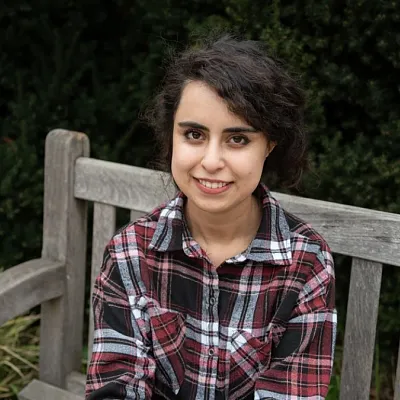
Saghar Salehi
Computer Science Major
"We were girls, we were doing science, we were building robots.” College of Arts and Sciences computer science student Saghar Salehi has vivid memories of the work she and her fellow “dreamers” were pursuing at school in Afghanistan. “We were all about proving that the world of engineering and computer science was not the exclusive domain of boys.”
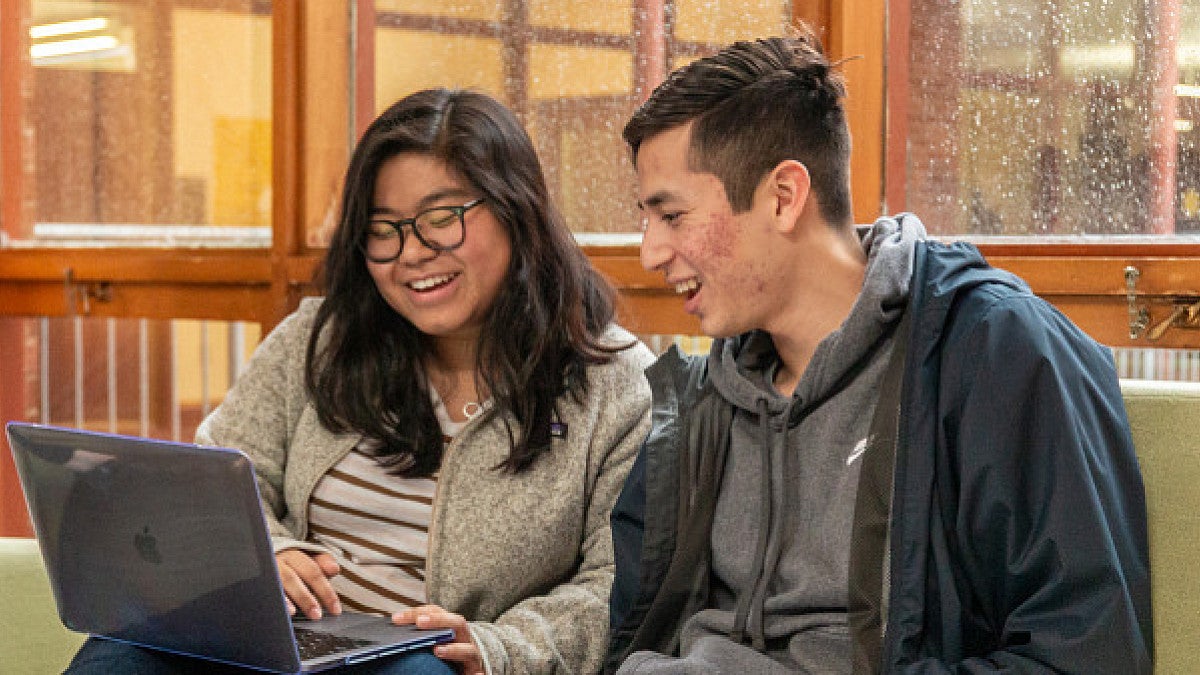
Computer Science Interdisciplinary Specializations
We are home to state-of-the-art research in natural language processing, machine learning, and artificial intelligence. We offer students and faculty a close-knit community in which to learn, discover, and innovate in a shared quest for solutions to a spectrum of challenging problems that stretch across campus:
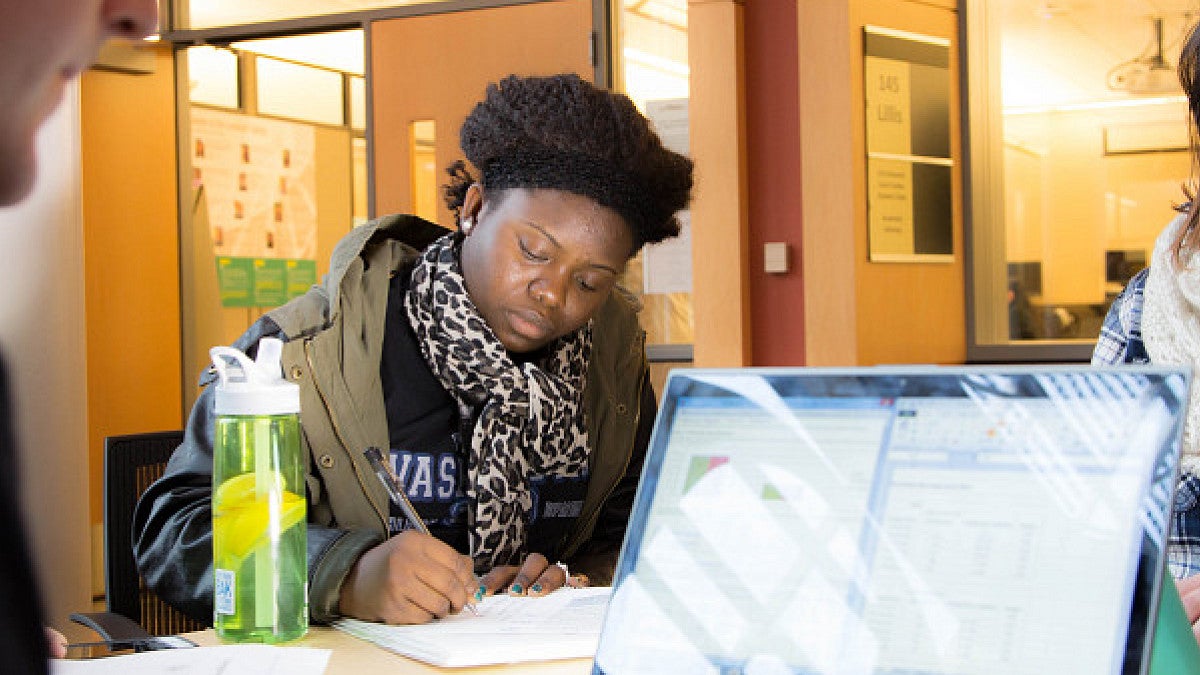
Data Science Undergraduate Program Domains
Data science undergraduate students can choose from a variety of domain areas from across the university. Domain specialization provides students with the opportunity to apply core data science knowledge and skills to an area of interest, including:
Ducks Take Flight
Fedi Aniefuna '24
Mathematics & Computer Science (MaCS) Major
A creative mindset and experiential learning were key factors in landing Fedi Aniefuna a position as an engineer with Amazon Web Services after graduation.
"I feel like computer science opened up a space for me to be creative," said Aniefuna, "It took all the fun parts of math and all the creative freedom of stuff like literature and writing, and combined it into one subject where you could actually develop something."
Aniefuna is quick to credit growth to his faculty and his advisors from the UO's Multicultural Center. "I wouldn't be where I am without the community and the people from UO who helped me along the way."
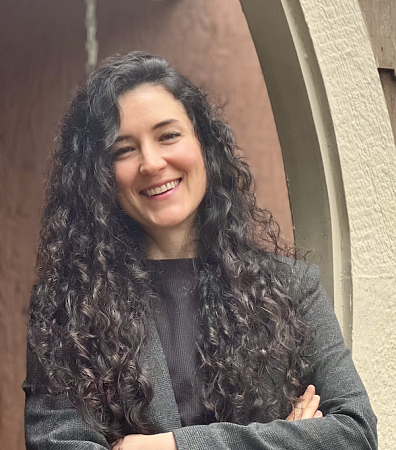
Lindsey Uribe '23
Data Science Major, Biology Domain, Mathematics Minor
Lindsey Uribe was interested in data science long before she knew it was a viable career option. She had always found working with numbers to be satisfying. But she also had an interest in biology. When she began looking for an academic program that might combine the two, she found a match with UO’s Data Science program.
Lindsey graduated in 2023 with a data science degree and a minor in mathematics. She then secured a full-time position as a data scientist with Dexcom, the company where she had interned.
Impactful Faculty Research
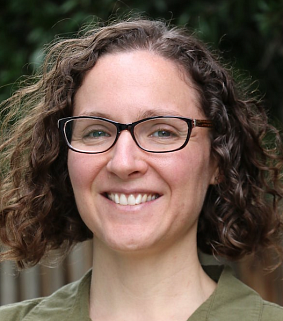
Rori Rohlfs
Associate Professor of Data Science
Rori Rohlfs, the first tenure-track faculty member in the new Department of Data Science, has built her reputation at the intersection of biology and computer science. She comes to UO with deep data science experience and a passion for its application to social justice.
"There's no avoiding social context when we’re doing science,” she says. "It’s clear in the questions we ask and our approaches to those questions, who we include on our scientific teams, what assumptions we make, and what assumptions we examine. How data science informs social justice is integral to this discussion.”
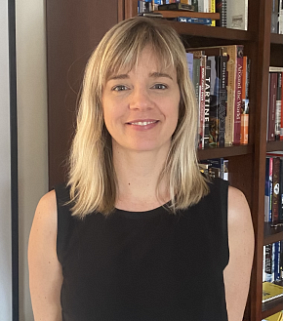
Brittany Erickson
Assistant Professor of Computer Science
Assistant Professor Brittany Erickson, a native of the San Francisco Bay Area, had her first encounter with an earthquake in 1989. She was an 8-year-old, playing outside when Loma Prieta violently shook California’s Central Coast at a magnitude of 6.9 and a maximum Modified Mercalli intensity of IX. The event was terrifying and memorable.
Fast forward to 2024 and Erickson now holds a joint position in the UO Computer Science and Earth Sciences departments, using computational mathematics and machine learning to address outstanding questions in earthquake science.
Research & News Stories
